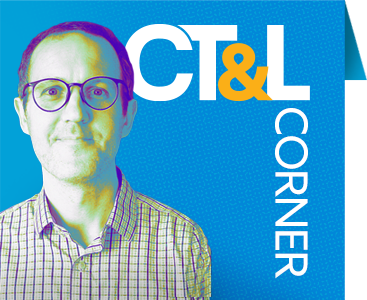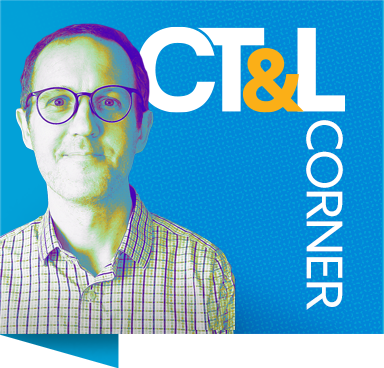Edgar Degas was quoted as saying “Only when he no longer knows what he is doing does the painter do good things.” Leaving aside the gendered nature of the quote, Degas highlights the role of uncertainty of creativity in the making of art. To quote the title of a keynote address from creativity scholar Dr. Ronald Beghetto: “There is no creativity without uncertainty.”
A colleague and I, inspired by our reading of Maggie Jackson’s 2023 book Uncertain: The Wisdom and Wonder of Being Unsure (which we both recommend), submitted a proposal to our professional organization’s annual conference to discuss the relationship between certainty (or, uncertainty) and authority in teaching and learning. She discusses what sees as many benefits of uncertainty, such as its ability to heighten our awareness or to sharpen our thinking.
As you might expect from me at this point, this brings up a number of questions of how we navigate uncertainty and, by extension, support our students in navigating uncertainty (and the emotions that come with uncertainty). For example, many of us might agree that embracing ambiguity and uncertainty are parts of the creative process, however uncomfortable it might be. How do we support students in navigating these waves of uncertainty? Regardless of our rhetoric, how we respond to students’ experiments in the moment says more.
Further, embracing uncertainty as teachers means acknowledging that we don’t have all of the answers. If we don’t know or have the answers, what do we have to give to our students? Not having all of the answers is not the same thing as having expertise and experience. In Jackson’s book, she highlights an effort in medical education: equipping doctors with a measure of uncertainty as a means of relating to their patients. Using conditional language (“… this could be the case, or it might be this…”) might be seen as a threat to the doctors’ authority and, thus, their effectiveness in treating patients. Yet, this wasn’t the case, patients reported more trust with this bit of humility.
I say this with a grain of salt. Asking instructors to be transparent about uncertainty is not a one-size-fits-all recommendation. As Chavella Pittman and Thomas Tobin point out, students may question instructor authority already based on minoritized instructor identities. While I do believe that part of helping students navigate uncertainty is a willingness to model it ourselves, it’s also clear that how we respond to student’s not knowing and/or uncertainty can help, too.


